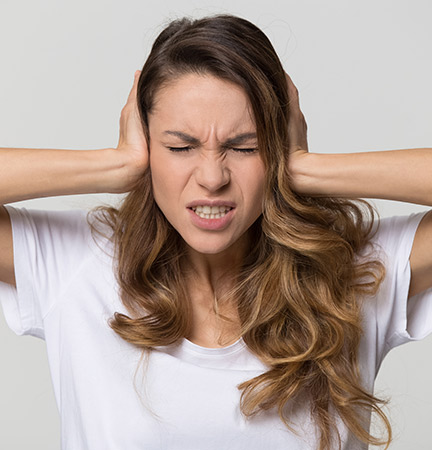Ear wax, also known as cerumen, is a natural substance that helps protect the ear canal and eardrum. It acts as a barrier against dust, bacteria, and other foreign particles. It also helps to lubricate the ear canal and prevent dryness.
However, excessive or impacted ear wax can cause hearing loss. When ear wax builds up, it can block the ear canal and prevent sound from reaching the eardrum. This can cause difficulty hearing, a sensation of fullness in the ear, and even earaches.
While ear wax can help protect the ear canal and eardrum, excessive or impacted ear wax can cause hearing loss. It’s important to have your ear wax checked by a healthcare professional if you have difficulty hearing, ear pain, or a sensation of fullness in the ear. They can remove the excess ear wax with irrigation or suction, which can improve your hearing.
It is important to note that using cotton swabs, ear candles, or other foreign objects to remove earwax can push it further into the ear canal and lead to impaction. It is not recommended to remove ear wax by yourself unless your healthcare professional has recommended you to do so.


